Meet the Founder: Choose Made

Tell us about you and your business!
My name is Sarah Black and I live and work in our small apartment in College Station, TX. My husband and I moved here last year from Salt Lake City, Utah, though I'm originally from Virginia. I grew up drawing and crafting, found my way to a sewing machine in middle school, and have been sewing ever since. I studied dance and advertising in college, worked in a corporate marketing position, but quit to follow my true passion for sewing and humanitarian work.
Made is a collection of handmade products using materials from as far as India to as close as your local secondhand store. Bags & pillows are made with leather and international textiles. Leather scraps are then repurposed to create one-of-a-kind earrings and modern wall hangings, mixed with upcycled jewelry pieces. And face masks are made from unique, quality cottons that can be dressed up and more convenient with a necklace repurposed as a chain. As an added bonus - 5% is donated to refugee organizations.
What inspired you to start Made?
After one year of having a big-girl-job, I saved enough to go on my first out of country trip and went with a humanitarian group to Uganda for 3 months! Who does that?! I was able to put many skills to use - I taught math at a high school, dance after school, marketing to a vocational school that helps teens and women with HIV, and sewing to a small group of women. They already knew how to sew; I just introduced new patterns and designs that they could use in their town markets.
I was still set on using my degree and hopped back into a corporate job, but soon realized that I could be so much more useful in the world by starting my own business and working with refugees in my community. Since launching my brand in 2014, I've worked with refugees in Salt Lake City, traveled to India and Peru to teach women how to sew, held service workshops to make bags and hygiene kits for a homeless shelter, and donated thousands of dollars to refugee resettlement organizations in Salt Lake City and greater Texas cities.
You can say that I was inspired by education and independence empowerment. Knowledge is the most sustainable gift you can receive and give each other.
What advice would you give to other female entrepreneurs just getting started?
Speaking as a female who started a business as a single person, I'm so glad I didn't waste my time waiting for a guy to support me to pursue my goals. I didn't get married until I was 32 and I know my business taught me a lot of hard truths about myself that prepared me for marriage. To clarify, I still dated human men, not just my work, haha. I accepted my path in life, embraced business opportunities as they came, and wouldn't change it for anything.
What has been your biggest challenge since starting Made?
I learned a lot by going from a structured corporate job to being my own boss. First, I wish that I had taken up a part-time job while figuring out how to run my own business. I needed something that gave me structure to my day and some guaranteed income starting out.
Another struggle was setting expectations with refugees that I worked with when I first started. I was really excited to partner with local refugee organizations to employ refugees in the area. Unfortunately, I had a seamster that stopped coming in to sew two weeks before Christmas orders needed to be sent out. Another seamstress worked from home and helped sew for wholesale orders, but when it was time to send out the orders, it was very difficult to get a hold of her on her phone, or she wasn't at home, so I had to postpone multiple delivery dates for my clients. I learned that they were unaware of the workplace norms in the states that we're accustomed to and I had to take responsibility for not outlining my expectations. I still had to express how their actions and lack of communication affected my business and in the end, I had to let them go. I felt like a failure because my whole mission was to help refugees, but I still hadn't figured out how to manage.
Who inspires you and why?
My first humanitarian trip changed me. At first I felt very inadequate and useless to those living in extreme poverty. Yet, every time we served in their communities, they were always full of grace and made us feel so appreciated. They never complained about their circumstances. They were grateful for what they had and still so giving. I'm inspired by the single mother in Uganda who walked one hour to learn how to sew, the young students who live in a different country than their families to receive an education, the women in India who showed up to class with several of their own designs based on the prior day's sewing project, and the elderly man who climbs hundreds of steps to the Hindu mosque to give an offering.
What have you learned about yourself since becoming a business owner?
I've learned that I'm really selfish. Haha. Which seems contrary to my desire for humanitarian work. But I think I'm drawn to service projects because of how much it gets me out of my comfort zone, opens my mind to new cultures and perspectives, and introduces me to other people who are striving to step outside themselves as well. I also have a hard time accepting feedback. I've always trusted my own creative instincts. But as my exposure and brand grows, and I try-out new strategies and products, I realize that I get stuck, something is not as cool as I thought it was, not as realistic or practical, or simply not working. So I've come to appreciate customer's and friend's honest feedback and ideas, trusting that it's coming from a place of love and encouragement.
What's next for Made?
Starting out 2021, I want to see how long I can make new products without buying new materials. I've noticed a huge response to repurposed items. And not just from my customers, but consumers everywhere! I already use thrifted materials in my products and love the creative process of turning something old into something functional and beautiful!


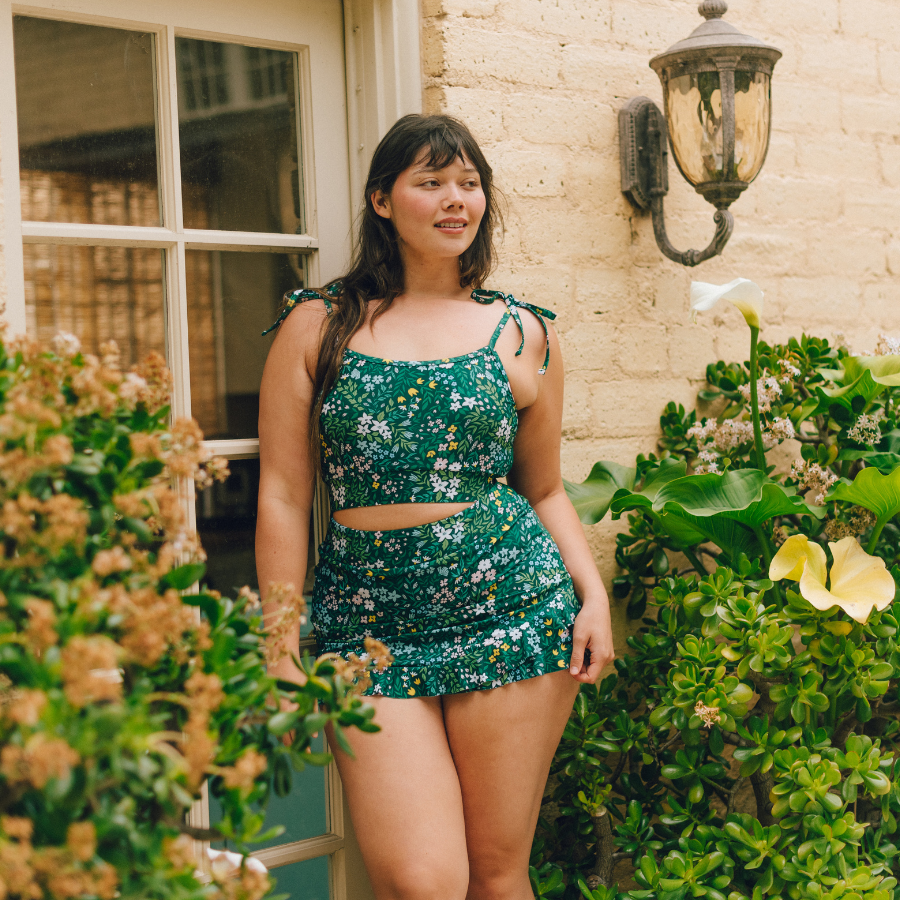
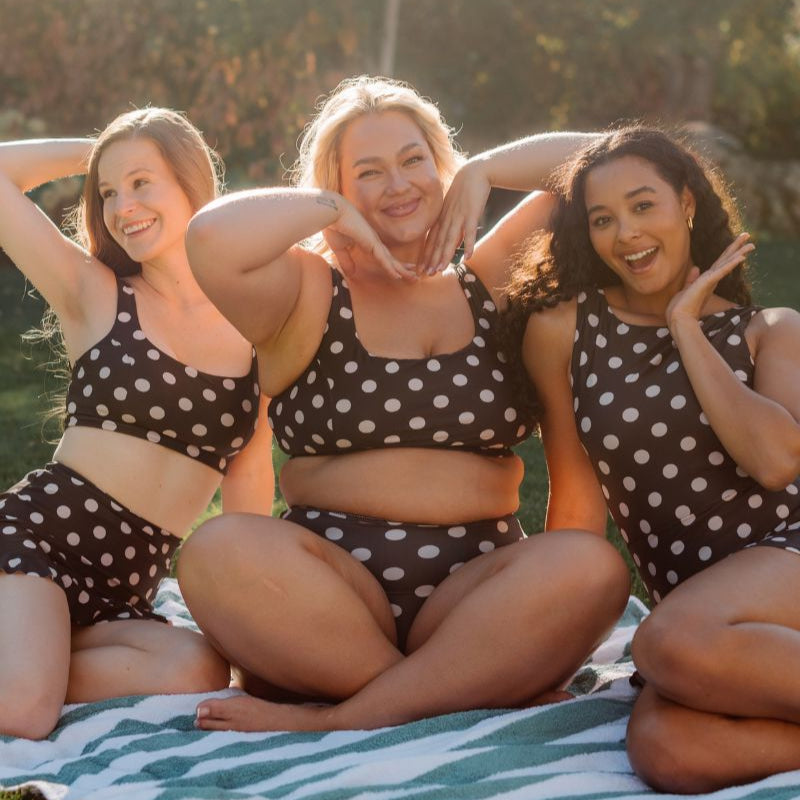
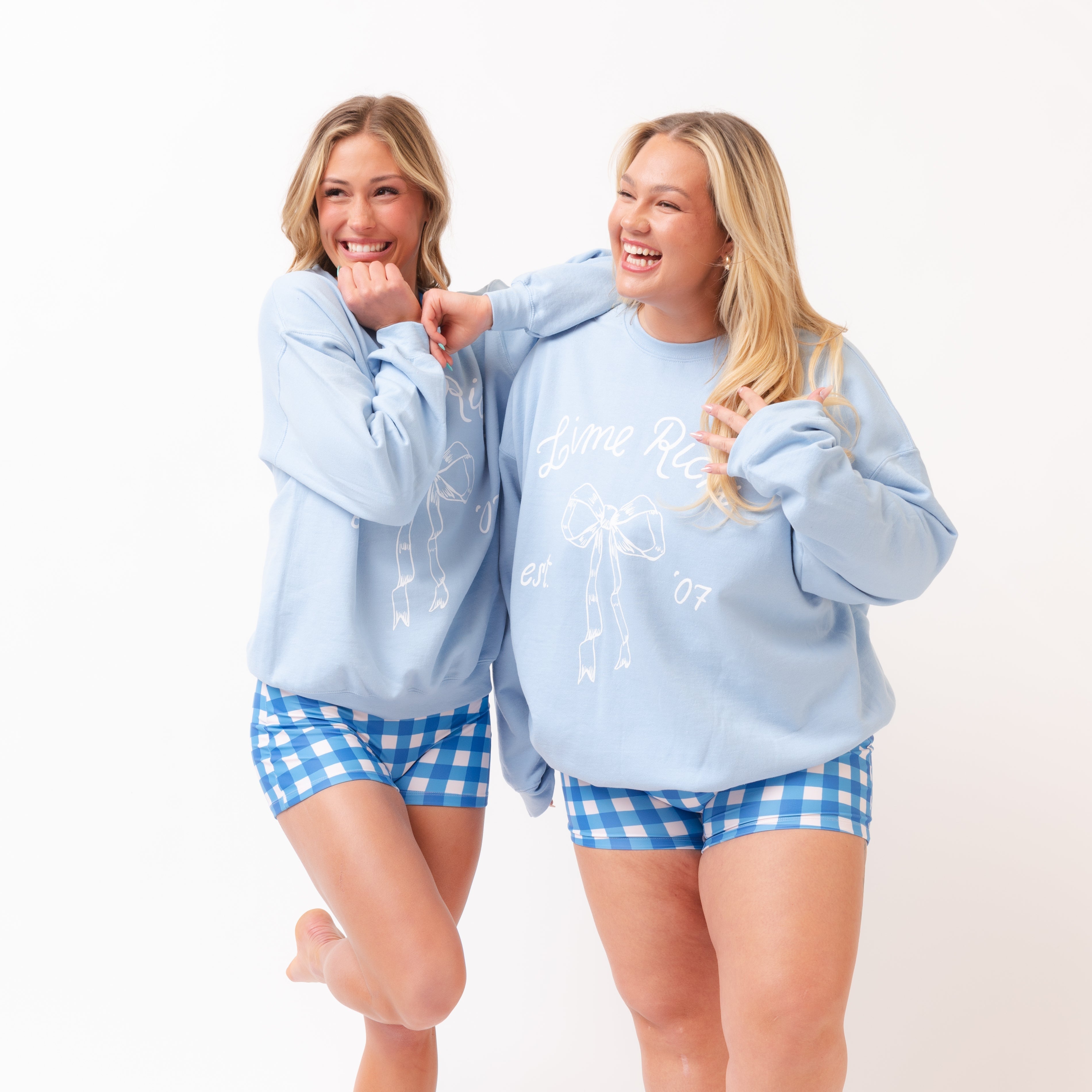
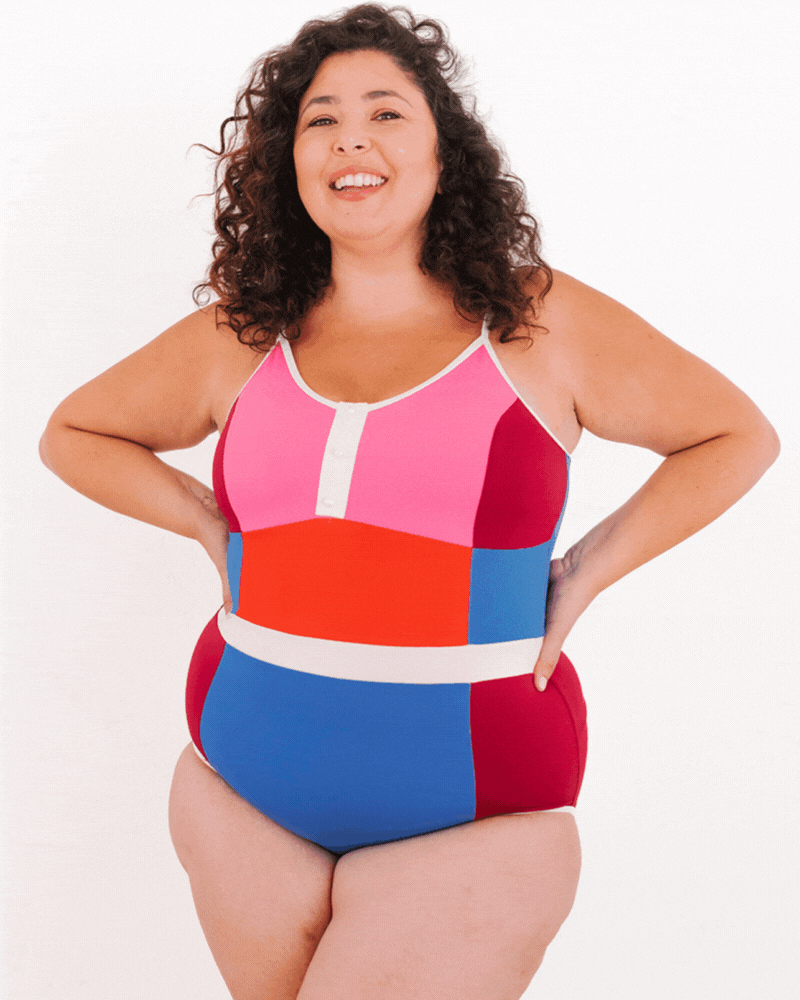
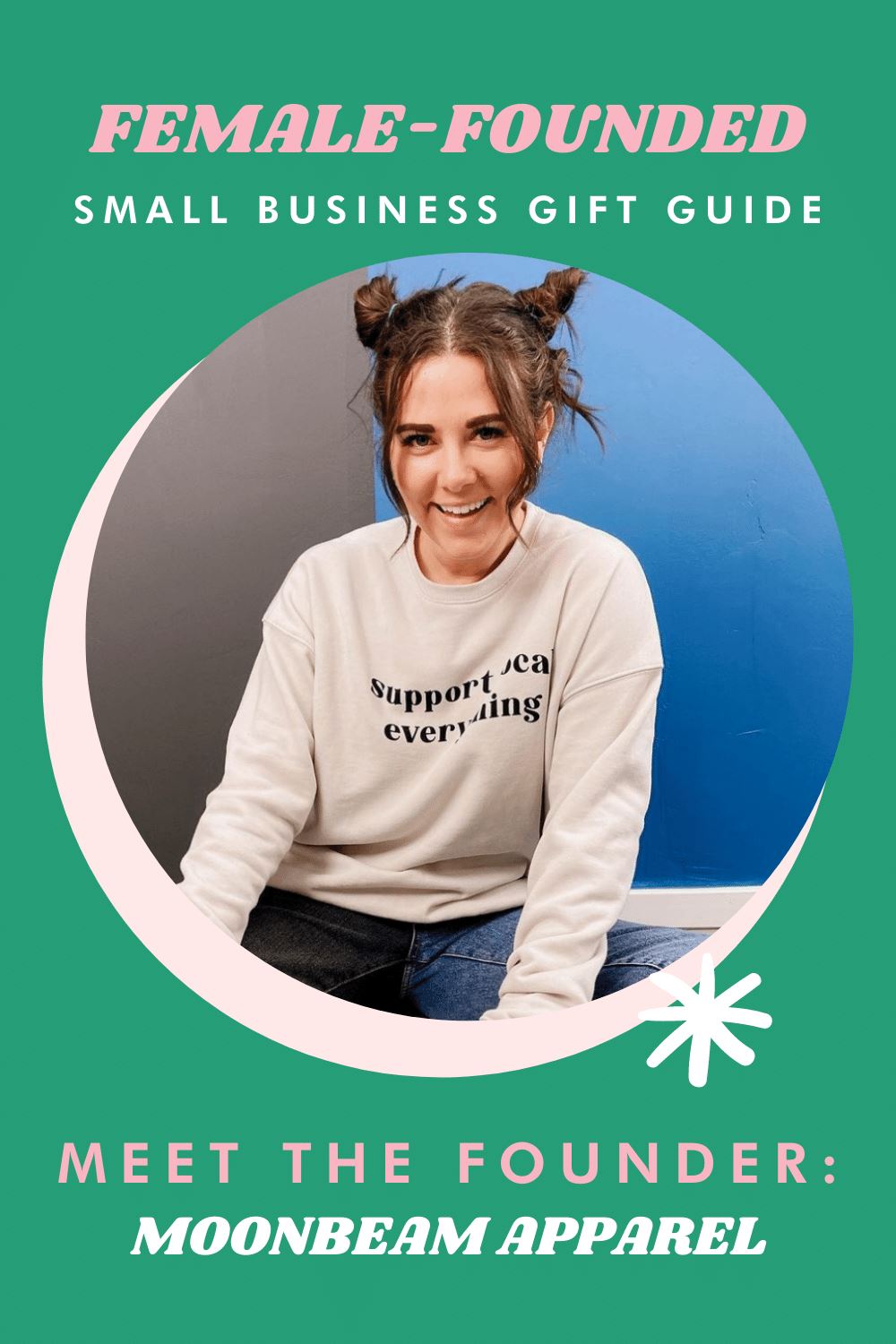

Leave a comment
This site is protected by hCaptcha and the hCaptcha Privacy Policy and Terms of Service apply.